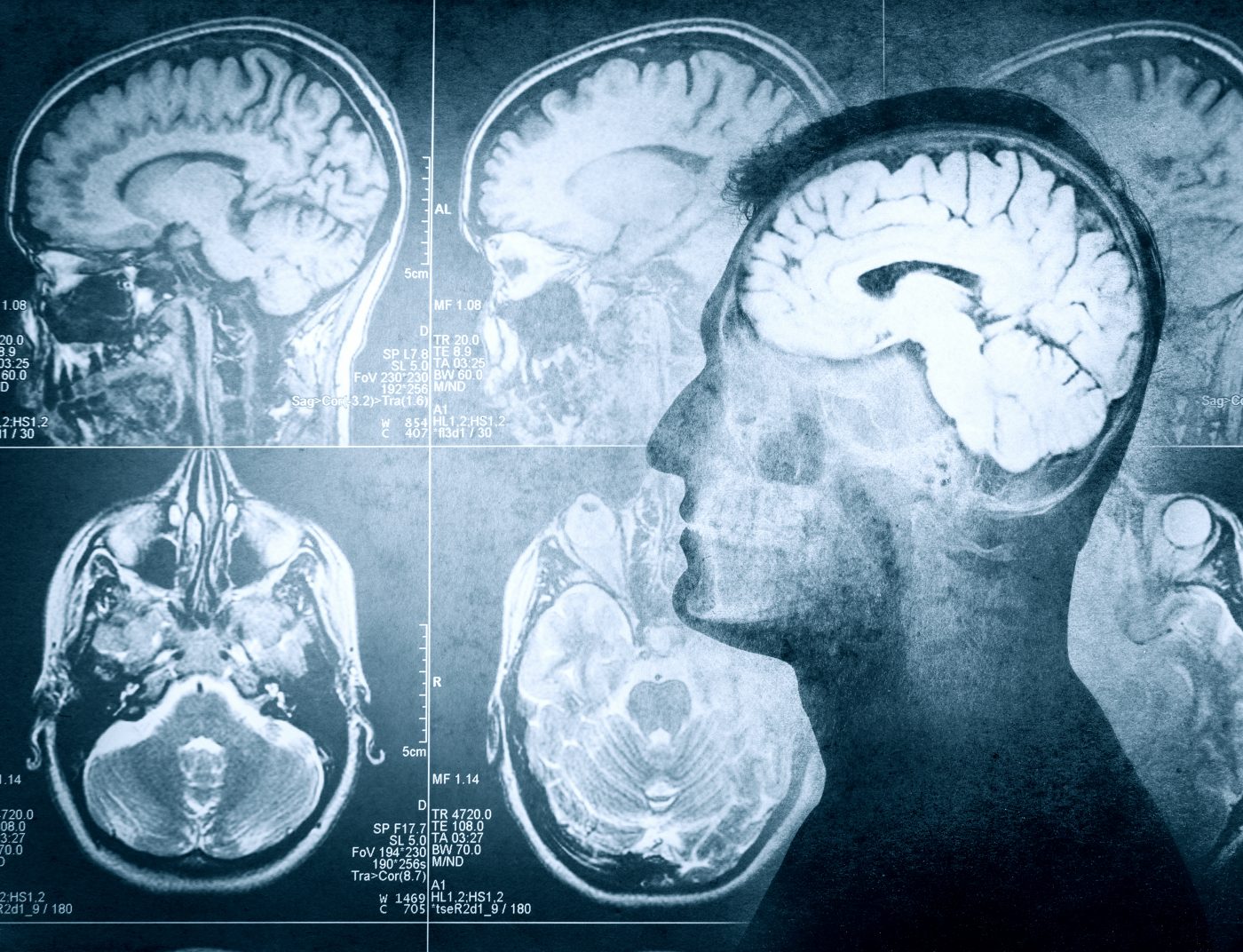Poor Sleep and Depression, via Pain, Can Affect Cognition in Lupus Patients, Study Finds
Written by |

Pain disturbs sleep and can augment depression, two factors that directly impact cognition in people with systemic lupus erythematosus, according to a study that looked into how pain relates to cognitive health in SLE patients.
Its researchers recommended that patients with depression or sleep problems be treated, preferably using non-pharmacologic approaches, to better protect higher-level thinking.
The study, “Sleep Disturbance and Depression Symptoms Mediate the Relationship between Pain and Cognitive Dysfunction in Lupus Patients,” was published in Arthritis Care & Research.
SLE, a chronic autoimmune disease, is characterized by a number of behavioral and psychological symptoms, including pain, fatigue, depression, and impaired cognition. These symptoms can significantly affect patients’ quality of life and productivity.
Cognitive dysfunction — defined by the American College of Rheumatology (ACR) as any significant deficit in complex attention, executive functioning, memory, visual-spatial processing, language or processing speed — is among the most prevalent symptoms of SLE, with up to 80% of patients reporting to have experienced it.
Still, no consensus exists among the medical and scientific community as to specific factors that trigger cognitive problems in these patients.
Indeed, most studies evaluating the influence of other common SLE-related symptoms, treatments, and disease factors on cognition fail to establish reliable associations that might help to identify new targets for disease intervention.
Other common complaints of SLE patients include pain (65%), sleep disturbance (17-75%), and depression (more than 85%). Interestingly, no previous study has assessed the influence of these symptoms on cognitive dysfunction in the context of SLE.
To discern if pain and CD could be associated with and mediated (indirectly caused) by sleep disturbance and depression, investigators used mediation modeling — a statistical method to study the relationship between different types of variables — in a cross-sectional sample of 115 patients with SLE.
Patients completed a battery of questionnaires to collect information on demographics, pain, perceived stress, depression, sleep, and cognitive dysfunction. Electronic medical records were also used to gather information on disease activity and damage, as well as concurrent diagnoses of fibromyalgia and corticosteroid use.
Mediation analyses indicated that the effect of pain on CD was indirectly caused by poor sleep and depression, even after controlling for other variables. However, disease activity and stress remained directly linked to cognitive dysfunction.
“One explanation for these results is that disease-related flares may lead to increased pain which could negatively impact overall sleep and mood. The cumulative degradation in mood and sleep may, in turn, deplete the cognitive resources needed to effectively manage pain,” the investigators wrote.
Despite the findings, the researchers noted these relationships still need to be validated in studies to overcome the limitations imposed by the cross-sectional nature of the data and the small number of patients analyzed.
Since SLE comprises a wide array of symptoms that have a negative impact on patients’ quality of life, the team also believes that non-pharmacologic treatments based on bio-psychosocial approaches may significantly improve disease outcome and symptom management.
“Specifically, cognitive-behavioral therapies for depression and sleeping difficulties are known to reduce distress and enhance functioning across various psychosocial domains,” they added.




